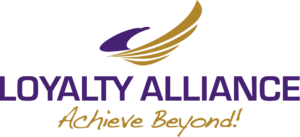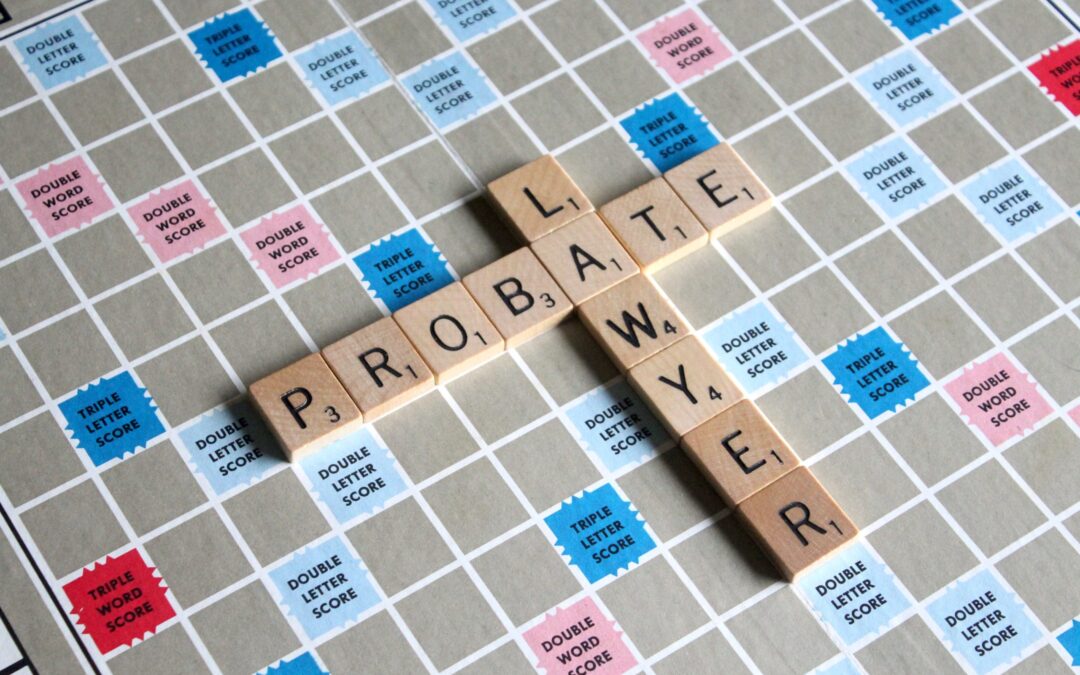Introduction
Estate planning is necessary for any entrepreneur interested in ensuring their assets will be distributed according to their wishes in the event of their death or a severe disability.
When creating an estate plan, entrepreneurs generally look to ensure their heirs and beneficiaries receive assets in a way that effectively manages and minimizes estate taxes, gift taxes, and other potential tax and administrative costs. This can be pretty tricky, depending upon the components of the estate, their value, ownership structure, and even the state where the assets, and the entrepreneur, are located.
Who needs an estate plan? Many entrepreneurs mistakenly believe estate planning is only used by “the wealthy” and that they do not necessarily have the assets to justify estate planning. In most cases, this is untrue. They fail to realize that a combination of tangible and intangible assets comprise an estate, including, but not limited to, those listed below.
- Homes, vehicles, and related possessions
- Checking and savings accounts
- Brokerage accounts
- Retirement plans
- Health Savings Accounts (HSAs)
- Business ownership
- Life insurance
An estate plan will dictate who gets what, when, and name who administratively manages and distributes the estate and pays the bills [including estate and income taxes]. Lest we forget, we have “unwanted heirs” whose portion of estates are paid IN CASH before anyone else’s distribution. These “first payees” include Federal Estate Tax, State Inheritance or Estate Tax, and Estate Administrative Costs (including funeral expenses, probate costs, professional fees, final expenses, and debts).
Suppose the Estate Plan is not structured correctly, mainly considering the payment of taxes and fees. In that case, there can be untold consequences, including liquidating the estate with little/nothing left for heirs.
Estate Plan Basics
Entrepreneurs will find the best way to create an estate plan is to hire a qualified attorney – many of whom specialize in estate planning.
A more affordable option, however, is a do-it-yourself or DIY option. Even the American Bar Association acknowledges the need for low-cost, DIY estate plans. It references Legal Zoom, Lawdepot.com, LawyerAhead, Rocket Lawyer, Nolo: Corporate Filing Solutions Made Easy, and others as alternatives.
Whichever option you take, we recommend a final review by a qualified attorney. Estate Planning can be complicated!
Complexities may include:
- If you do not have an estate plan, state law will dictate where your assets will go, which could very well be different from the distribution you would prefer.
- Each state has its estate tax limits which could deplete the value of the estate available to heirs.
- If you want to keep your business in the estate and then there’s an estate tax, you may need to do some special planning like buy some life insurance or ensure your estate has enough liquidity – more about this later. If you give your business to one child and the other children are getting your home or some other assets, you’ll want to ensure your state law doesn’t have an unexpected consequence when you leave your business to your children or spouse.
This is only scratching the surface of complexities and considerations!
Essential Elements of Every Estate Plan
At its most basic, an Estate Plan is comprised of three essential documents: Last Will & Testament, Durable Power of Attorney, and an Advance Health Care Directive.
Last Will and Testament
A Last Will and Testament (“will” or “testament”) is a legal document that expresses a person’s wishes as to how their property is to be distributed after their death and as to which person is to manage the property until its final distribution.
Power of Attorney
A power of attorney (POA) authorizes someone else to handle certain matters, such as finances or health care, on your behalf. If a power of attorney is durable, it remains in effect if you become incapacitated due to illness or an accident.
Durable powers of attorney help you plan for medical emergencies and declines in mental functioning and can ensure your finances are taken care of. Having these documents in place helps eliminate confusion and uncertainty when family members have to make tough medical decisions.
Advanced Healthcare Directive
An advanced healthcare directive is a legal document in which a person communicates their wishes regarding end-of-life decisions. It protects an individual’s right to refuse medical treatment they do not want or to request treatment they’d like if they lose the cognitive ability to make and communicate healthcare decisions. This is important if an individual’s health deteriorates so they can no longer make decisions independently.
Features of Life Insurance in an Estate Plan
Life insurance should be an element of any entrepreneur’s estate plan. In addition to serving as a source of estate liquidity, life insurance provides a variety of other advantages:
- Payment is prompt and certain. Life insurance proceeds are not subject to the time and expense of the probate process.
- The event creating the need for cash – death – also creates a source of cash – the life insurance death benefit. The life insurance policy provides the dollars for a specific need – estate settlement costs – that arise at an uncertain time –
- The premium payments are spread out over time.
- Life insurance avoids the problems associated with the other methods for paying estate settlement costs.
- The proceeds may be tax-free by giving up ownership of the policy. An attorney can provide you with the popular “Irrevocable Life Insurance Trust” for this purpose, or an adult child can be named owner.
An Affordable Alternative
In today’s economy, some entrepreneurs may feel they do not have the time to establish an Estate Plan, but they want to take action to protect their family and business. For them, Life Insurance can be a good stop-gap measure. But this should be considered a “temporary fix” ONLY.
Insurance policies can be owned individually or in a trust, can accumulate cash value, and last until the death of one or two people, or can be term in nature.
On a personal basis, they can provide a form of salary replacement of what the deceased had been contributing to family finances, fund education and weddings, pay off debts, and sustain a particular lifestyle for the spouse and remaining family members. It can also be used to fund charities and establish a family bank.
For business purposes, life insurance can cover the purchase of a partner’s shares [funding of a buy-sell agreement] or protect the organization in the event of the death of a key employee or owner [key person insurance]. It can also fund aspects of deferred comp and retirement programs and much more!
We will provide information about different types of insurance and how they can be used in future posts.
Do you have questions about estate planning and life insurance? Ask them in the comments section below!
- Different types of Life Insurance Policies - July 8, 2024
- Different Types of Buy Sell Agreements - May 31, 2024
- The Lifeline: Why Life Insurance Matters More Than You Think - May 14, 2024

